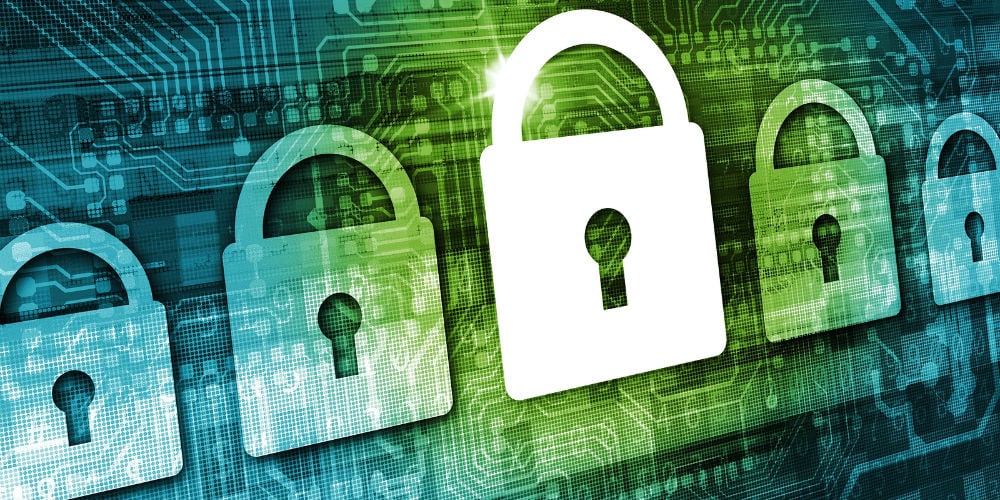Tech Time: What should credit unions know about encryption?
An explanation of data security methods and the importance of protecting member information

It’s the unfortunate reality of the world we operate in today: Statistics show that your credit union will suffer a data breach or, at a minimum, an attempted breach. It’s going to happen, and nobody is immune. Thus, it’s critical to limit your risks.
But how can you do that? There are many different ways of protecting sensitive data, but the foundation of any security and data-leakage protection initiative must be encryption. With encryption, information is turned into an unreadable string of random characters. Whether your member data is stored in the enterprise or in the cloud, if it’s encrypted, the only way attackers can decipher it is if they have the key to decode it. So, unauthorized users won’t be able to read the data, even if they access it. This greatly minimizes the impact of a data breach on a credit union.
It’s important to employ a strong method for managing encryption keys. With centralized encryption, keys are controlled from a single console enabled by the software encryption service provider, making them easier to administer and manage. This centralization minimizes the possibility of exposure to unauthorized parties, thus reducing data breach risk and helping support regulatory compliance.
continue reading »




